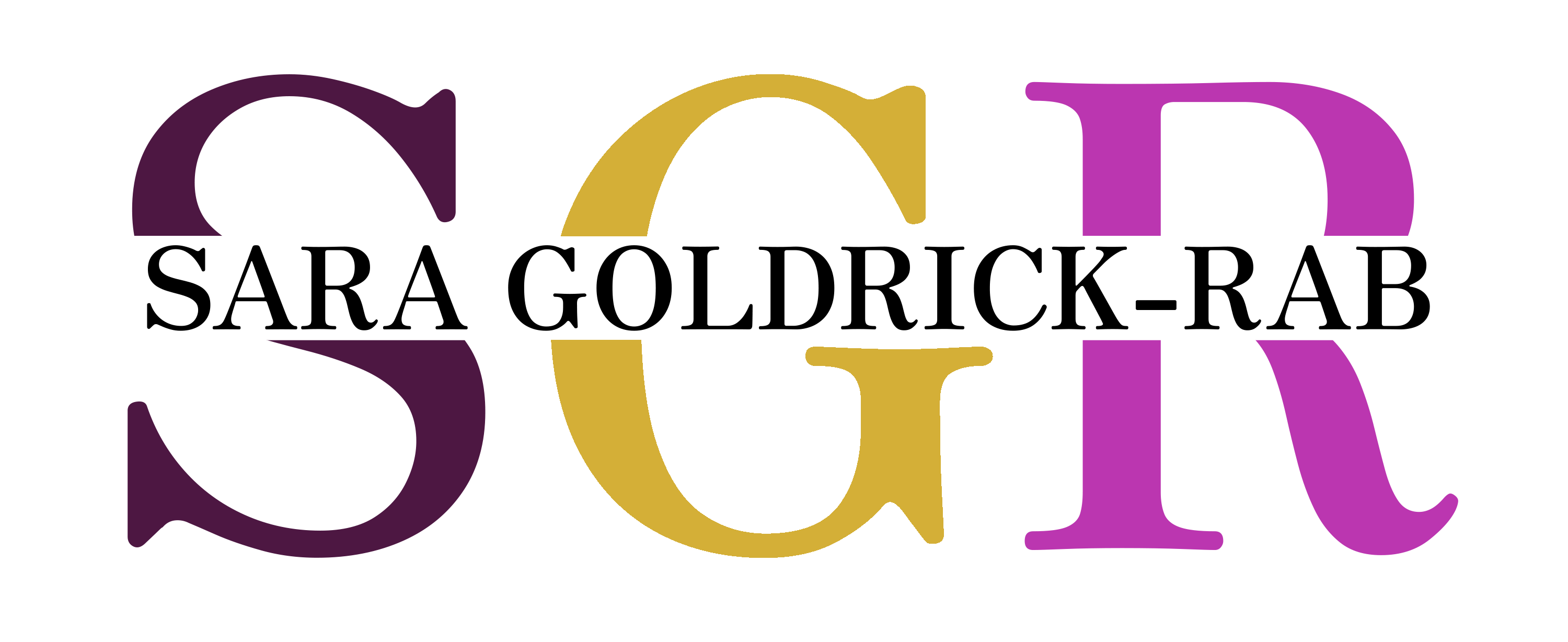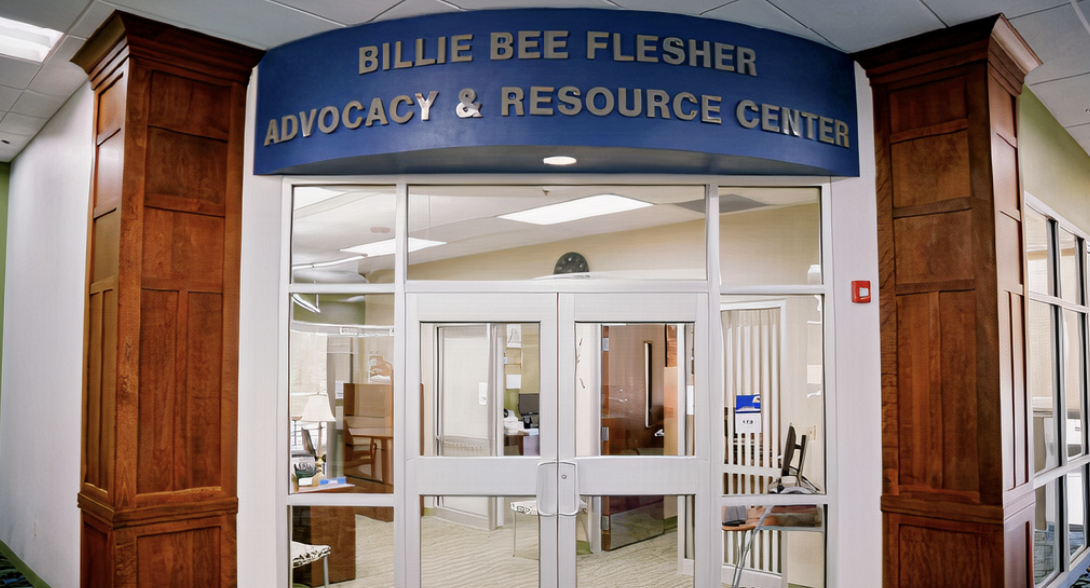The Community College Effect Revisited: The Importance of Attending to Heterogeneity and Complex Counterfactuals (2012)
Community colleges are controversial educational institutions, often said to simultaneously expand college opportunities and diminish baccalaureate attainment. We assess the seemingly contradictory functions of community colleges by attending to effect heterogeneity and alternative counterfactual conditions. Using data on postsecondary outcomes of high school graduates of Chicago Public Schools, we find that enrolling at a community college penalizes more advantaged students who otherwise would have attended four-year colleges, particularly highly selective schools; however, these students represent a relatively small portion of the community college population, and these estimates are almost certainly biased. On the other hand, enrolling at a community college has a modest positive effect on bachelor’s degree completion for disadvantaged students who otherwise would not have attended college; these students represent the majority of community college-goers. We conclude that discussions among scholars, policymakers, and practitioners should move beyond considering the pros and cons of community college attendance for students in general to attending to the implications of community college attendance for targeted groups of students.

